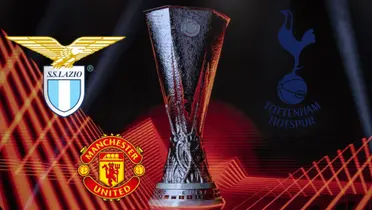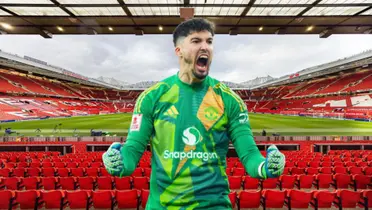Is Manchester United financially on par with european giants?
Manchester United's financial snapshot: Does it measure up to european giants?

In the world of elite football, sporting success and financial management go hand in hand. The biggest clubs in Europe not only compete on the field but also in the economic arena. In this analysis, we take an in-depth look at the financial situation of Manchester United, a club with a rich history and a global fan base, but which in recent years has faced challenges in its economic management.
Through a comprehensive comparison, we will examine the income, expenses, debt, profitability, and investments of Manchester United in relation to other giants of European football such as Real Madrid, Barcelona, Bayern Munich, PSG, and Liverpool. The objective is to determine if the English club is managing its finances efficiently and sustainably, and if it is investing intelligently to achieve its sporting goals.

Income and expenses: The balance of financial power
Manchester United is one of the clubs with the highest income worldwide, thanks to its lucrative contracts for broadcasting rights, sponsorships, and shirt sales. However, when comparing their income with that of other clubs such as Real Madrid and Barcelona, it is observed that the English club still has room to grow in this aspect.
Regarding expenses, Manchester United is also among the clubs that invest the most in player salaries and transfers. However, it is crucial to analyze whether this investment translates into consistent sporting results. In comparison with Bayern Munich, for example, the English club could improve its efficiency in expense management and obtain a greater return on investment.

Debt and profitability: The financial challenge of Manchester United
One of the main challenges that Manchester United faces is its high level of debt. Despite efforts to reduce it, the debt continues to be a significant burden for the club. In comparison with other clubs such as Real Madrid, which maintain low debt and high profitability, Manchester United needs to implement more effective strategies to improve its financial situation.
The profitability of the club is also an aspect that requires attention. Although Manchester United generates profits, its profitability could be higher if it optimized its expenses and increased its income. When comparing its profitability with that of other clubs such as Liverpool, it is evident that the English club has room to improve in this area.

Investments and strategy: The financial future at stake
Manchester United's investments in transfers have been the subject of debate in recent years. Although the club has made expensive signings, they have not always had the desired impact on sporting performance. It is essential that the club implement a smarter transfer policy, focusing on players who fit the team's style of play and who have long-term growth potential.
In addition to transfers, Manchester United needs to invest in the development of young talent and in the improvement of its sports facilities. These investments are key to ensuring the future of the club and to training players who can make a difference on the field.
- Smart transfers: Prioritize players who fit the style of play and have growth potential.
- Development of young talent: Invest in the youth academy and train players for the future of the club.
- Improvement of facilities: Modernize the stadium and training grounds.
- Marketing and brand: Strengthen the club's brand and generate new sources of income.
- Financial sustainability: Reduce debt and improve long-term profitability.
Conclusions and perspectives: Where is Manchester United headed?
The relationship between financial management and sporting performance is undeniable in modern football. Although money does not guarantee titles, solid financial management and intelligent investment are fundamental to building a competitive team and achieving sporting success.
Manchester United has proven to be a club with great financial potential, but it needs to improve its management to be at the level of the European giants. By implementing more efficient strategies in terms of income, expenses, debt, profitability, and investments, the English club will be able to strengthen its position in the world of football and return to winning important titles.
In conclusion, the financial management of Manchester United presents challenges and opportunities. The club needs to optimize its income, reduce its debt, improve its profitability, and make smarter investments to achieve its sporting goals. By implementing solid financial management and a clear strategy, Manchester United will be able to return to competing at the highest level and regain its rightful place among the giants of European football.
What you should know about Manchester United's financial management:
- Income: Manchester United generates significant income, but still has room to grow.
- Expenses: The club invests heavily in salaries and transfers, but needs to improve the efficiency of its expenses.
- Debt: Debt is a significant challenge that the club must address.
- Profitability: The club's profitability needs to improve to generate value for shareholders.
- Investments: The club must make smarter investments in transfers, young talent, and facilities.
More news

The Numbers Don't Lie: Casemiro's Dominance Returns
31/03/2025

United's Dream Pairing: The Duo Fans Are Eager to See
31/03/2025

Hojlund's Fate: Will He Stay or Leave Man United?
31/03/2025
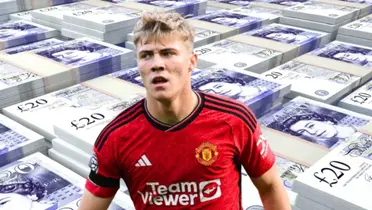
Højlund's Plummeting Value: A Cause for Concern at Man United
31/03/2025
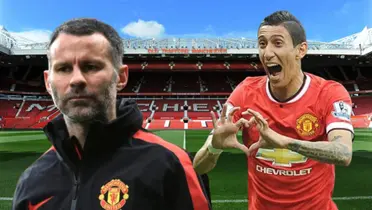
Giggs' Misjudgement: Depay's Free-Kick Hopes Fall Flat
31/03/2025

Man United's Summer Clearout: Players on the Chopping Block
31/03/2025

Financial Divide: Man United's Value Dwarfs Olympique Lyon's Squad Cost
30/03/2025

Onana Exit Rumors Swirl: How the Goalkeeper Is Responding
30/03/2025
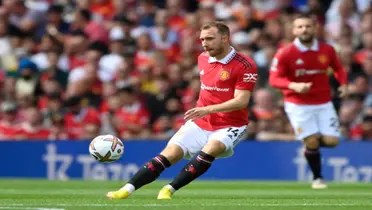
Eriksen breaks the silence about the rumors of not renewing
30/03/2025
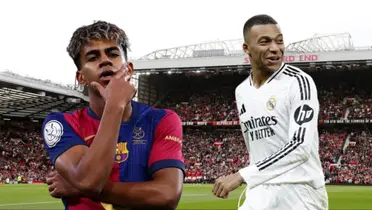
World-Class Player Available: Romano Reveals Transfer Bombshell
30/03/2025

Ugarte's Premier League Insight: Key Differences From Ligue 1 Revealed
30/03/2025
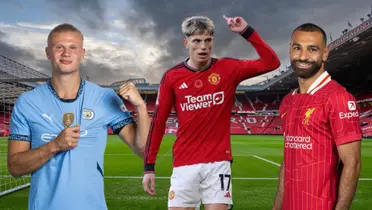
Garnacho Outshines Salah and Haaland: A Stunning Statistical Triumph
29/03/2025

Ekitike's Staggering Stats: Why Man United Are Keen
29/03/2025
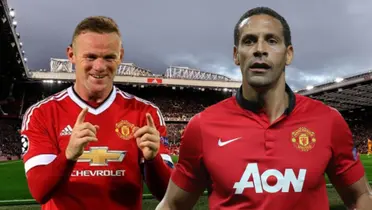
Beyond Legends: The United Player Who Rewrote Investment History
29/03/2025
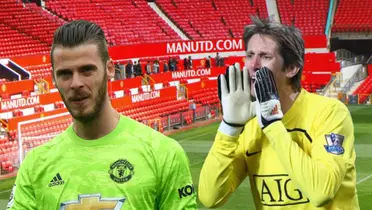
Manchester's Goalkeeping Giants: Who Reigns Supreme?
29/03/2025
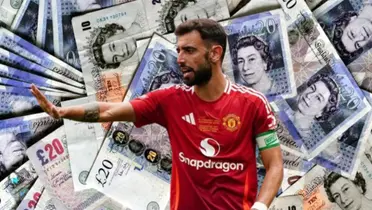
Fernandes' Fortune: Unveiling the Price Tag of United's Captain
29/03/2025
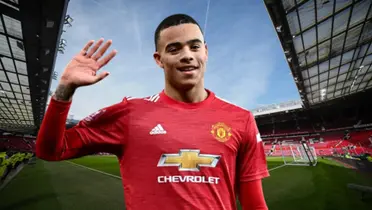
The Manchester United jewel that was rumoured for Barcelona ended up in an exotic league
29/03/2025

Father's Faith Pays Off: 100 Pound Bet on Son's United Debut
29/03/2025
